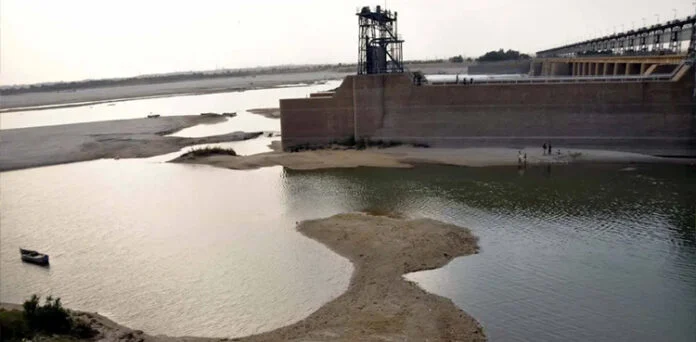
The Lok Sabha has given its approval to the Immigration and Foreigners Bill, 2025, introducing stricter regulations to oversee immigration and manage the movement of foreign nationals in India. The bill, introduced by the Union Home Ministry on March 11, is set to replace multiple existing laws to streamline and strengthen immigration policies.
During discussions on the bill, the Union Home Minister emphasized that individuals posing a threat to national security would not be permitted entry. He stated that while India remains open to those who contribute to its progress, it is not a place for unrestricted access. With the Lok Sabha’s clearance, the bill will now proceed to the Rajya Sabha for further discussion before it can become law.
The new legislation replaces several long-standing acts, including the Passport (Entry into India) Act of 1920, the Registration of Foreigners Act of 1939, the Foreigners Act of 1946, and the Immigration (Carriers’ Liability) Act of 2000. By consolidating these laws, the bill aims to create a more efficient and robust framework for immigration management.
Under the revised regulations, individuals using fraudulent passports or visas to enter, stay, or leave India will face penalties, including imprisonment for up to seven years and fines reaching Rs 10 lakh. Foreign nationals entering the country without valid travel documents may be sentenced to up to five years in prison, fined up to Rs 5 lakh, or both.
To enhance monitoring, institutions such as hotels, universities, hospitals, and nursing homes will be required to report details of foreign visitors. Airlines and shipping companies must also submit advance passenger and crew details at Indian ports. These measures are designed to prevent overstays and unauthorized stays.
With nearly a crore foreign visitors recorded between April 2023 and March 2024, the bill grants authorities greater control over frequently visited areas. The government will have the power to impose conditions, restrict access, or temporarily close certain locations as needed to regulate foreign nationals more effectively.
Visa processes will also see improvements. Indian embassies and consulates will issue visas in both physical and sticker formats, while e-visas will continue to be available for citizens of 167 countries. Nationals from Japan, South Korea, and the UAE with prior Indian visas will be eligible for visas on arrival at six major airports.
For foreigners holding long-term visas exceeding 180 days for study, medical treatment, research, employment, missionary work, or project-based assignments, registration with the Foreigners Regional Registration Officer (FRRO) or Foreigners Registration Officer (FRO) within 14 days of arrival remains mandatory. Pakistani citizens must complete registration within 24 hours. These measures aim to ensure stricter compliance with immigration rules while facilitating smoother legal entry processes.


















